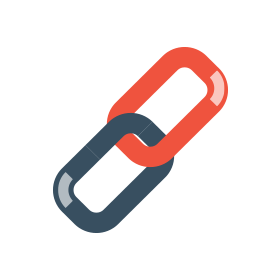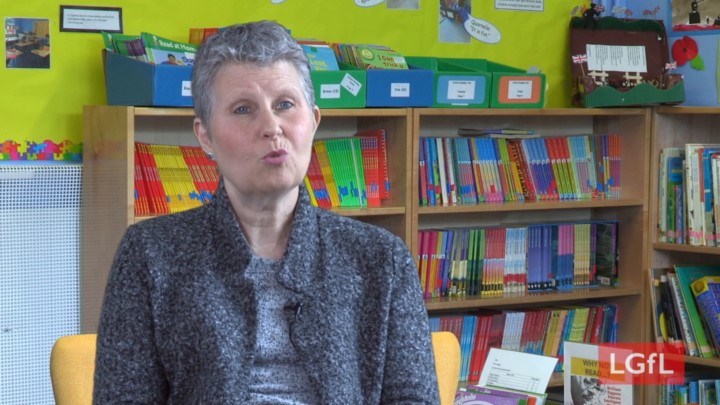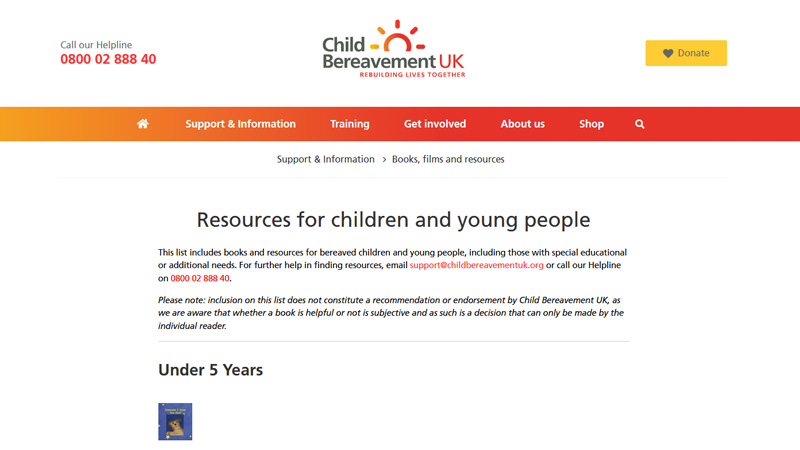Why is it important to use the word “dead”?
Adults can feel afraid to say the words “dead”, “death” and “dying” to children and young people as they think that alternatives such as “passed away”, “lost” or “gone to sleep” are kinder. These euphemisms can cause confusion and frustration, particularly for younger children or pupils with learning difficulties who are very concrete in their thinking.
Euphemisms can be very confusing for children and young people.
“Passed” - To where? Can they pass back? Can I follow?
“Gone away” – When are they coming back? Where have they gone? Why did they go?
“Lost” – Can we look for them? Where could they be? Why is nobody looking for them?
“Gone to sleep” – Will I die when I go to sleep? Can they wake up? Do they need a blanket?
While it may seem harsh, using the words “dead” and “death” with a simple biological explanation is much clearer; the heart stops beating, the lungs are no longer breathing and the brain does not work anymore. For younger pupils, explain that when someone is dead their body doesn’t work anymore; they no longer feel hot, cold or any pain, nor do they need food or drink.
All young people find it easier to have information given in clear, accurate, age-appropriate language.
There are a range of books which can help when supporting a bereaved pupil, see the link to the book list on the Child Bereavement UK website below.
It is important to check a pupil’s understanding of words they use to describe what has happened. Although young people may repeat words such as “heart attack” (who attacked the heart?) or “stroke” (like stroking a pet?) they do not necessarily understand the meaning.

Supporting Content


